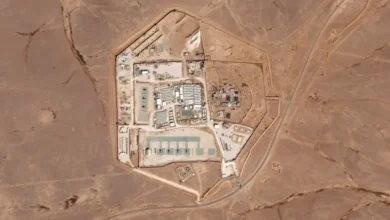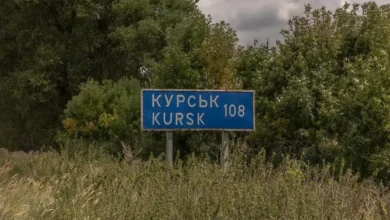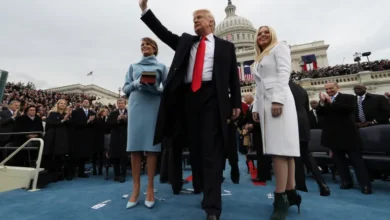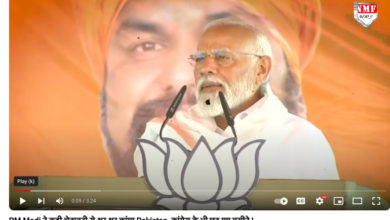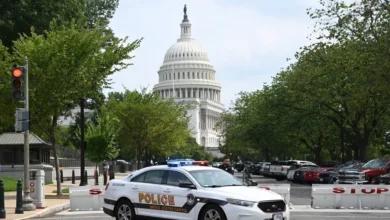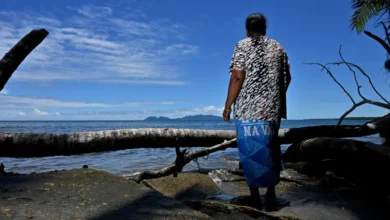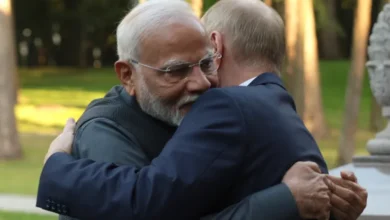China backs Southeast Asia nuclear ban; Rubio, Lavrov at ASEAN meeting
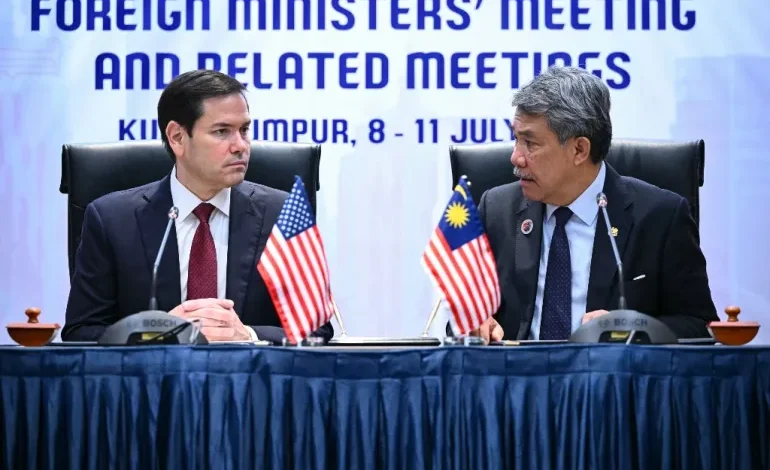
China has agreed to sign a Southeast Asian treaty banning nuclear weapons, Malaysia’s and China’s foreign ministers confirmed, in a move that seeks to shield the area from rising global security tensions amid the threat of imminent United States tariffs.
The pledge from Beijing was welcomed as diplomats gathered for the Association of Southeast Asian Nations (ASEAN) foreign ministers’ meeting, where US Secretary of State Marco Rubio is also due to meet regional counterparts and Russian counterpart Sergey Lavrov.Malaysia’s Minister of Foreign Affairs Mohamad Hasan told reporters on Thursday that China had confirmed its willingness to sign the Southeast Asian Nuclear Weapon-Free Zone (SEANWFZ) treaty – an agreement in force since 1997 that restricts nuclear activity in the region to peaceful purposes such as energy generation.
“China made a commitment to ensure that they will sign the treaty without reservation,” Hasan said, adding that the formal signing will take place once all relevant documentation is completed.
ASEAN has long pushed for the world’s five recognised nuclear powers – China, the United States, Russia, France and the United Kingdom – to sign the pact and respect the region’s non-nuclear status, including within its exclusive economic zones and continental shelves.
Last week, Beijing signalled its readiness to support the treaty and lead by example among nuclear-armed states.
